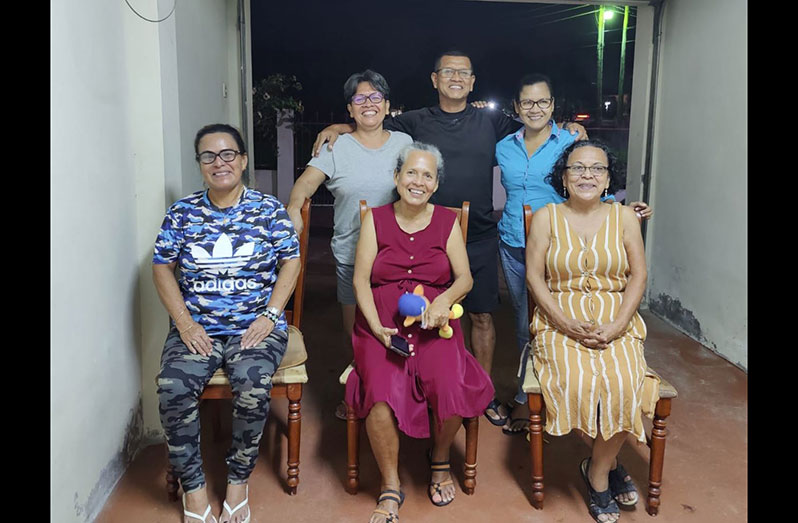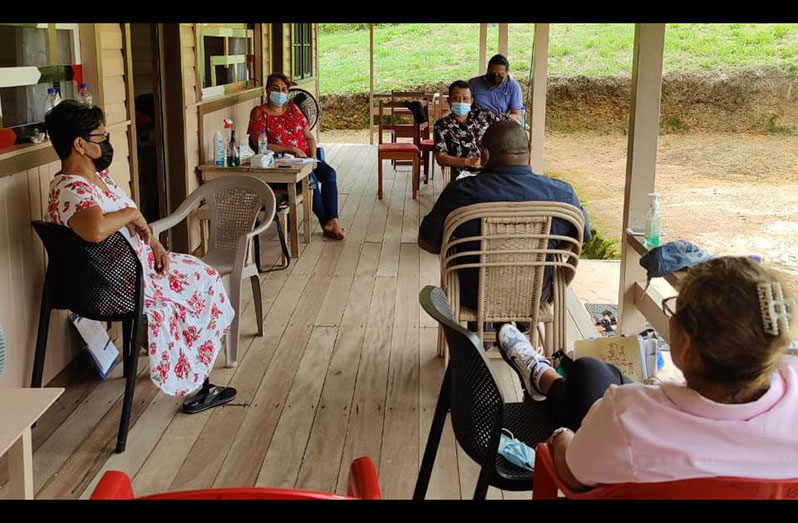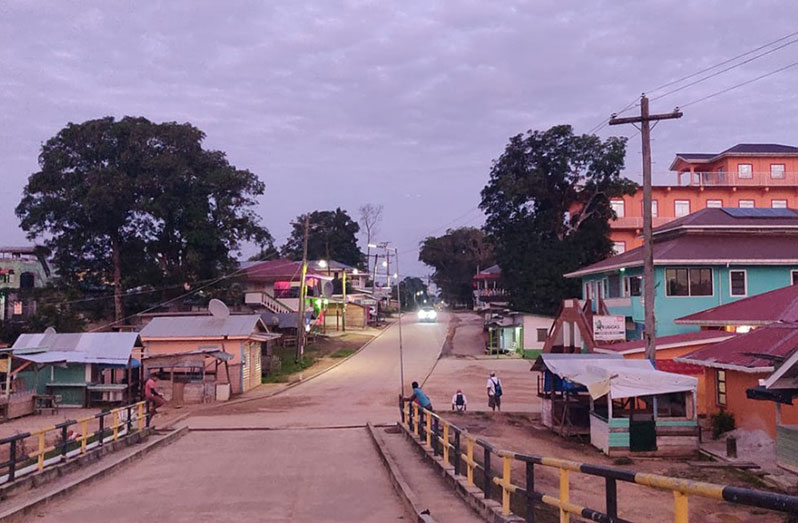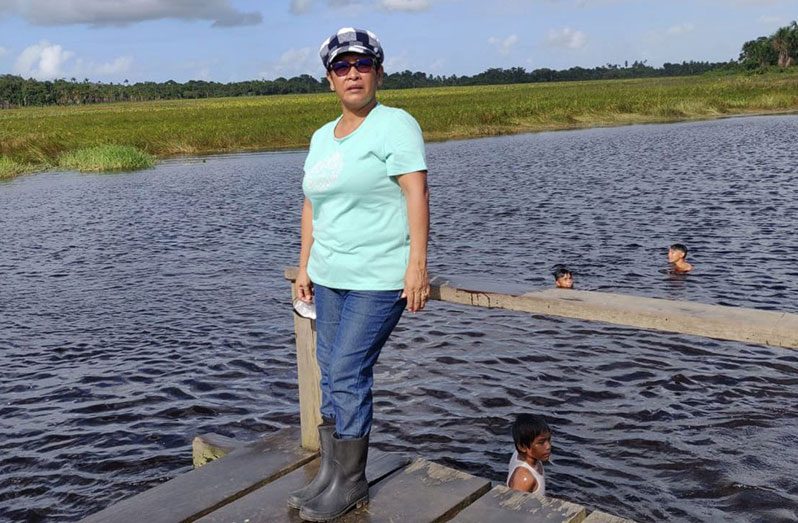ALTHOUGH a government scholarship to attend secondary school brought with it tremendous benefits, Executive Director of the Amerindian Peoples Association (APA) Jean La Rose regrets that she was unable to spend more of her youthful years with her parents and siblings.
Now 59, she reflected on how the move affected her childhood and family life even as she was able to complete five years in school successfully and then begin a career that would help her accomplish the things closest to her heart.

At 13 years old, La Rose left Santa Rosa village in Moruca (Region One) to come to Georgetown and even though she made multiple trips home every year, life was simply not the same as it was when she was fully immersed in the activities of her village.
Today, the experience makes her feel strongly about certain issues present in indigenous communities, including children having to leave home for an education. “We need not have to move away from our homes for education; higher education must happen in our own communities,” La Rose expressed in an interview with Pepperpot Magazine.
“When I left my village, there was no secondary school. In moving from home, I lost quite a bit because of having to transition at a young age. I felt that as a really huge loss because I didn’t live with my brothers and sisters for any length of time. I lost that kind of family closeness during that period,” she continued.

Owing to her own experience and feeling that no child should have to separate from their families for any reason, La Rose continues to work hard through the programmes of the APA to bring about better conditions.
“Many families do not have access to Information Technology and many children have been missing classes. This is one of the things we would like to see improved not only because of the pandemic but because it should be,” she pointed out.
She has also witnessed firsthand how things like cultural preservation are waning and how the indigenous peoples have sadly lost a lot of traditional lands. “One of the things that really propelled me as well was when a timber company was granted a huge concession to work in Region One and the subsequent loss of land by indigenous communities.

“If you ask some of the politicians, they will say the people did not have titles to those lands, but that doesn’t mean that they didn’t have rights to the land. They were living there and somebody chose not to give them the paperwork for the land. Their homes and farms were bulldozed, and I’ve seen this happen over and over again when it comes to indigenous communities, especially in relation to extractive activities and to a lesser extent, the forest industry with logging and so forth,” La Rose mentioned.
As such, she has tirelessly continued to use her voice at various forums to highlight these issues of importance to the indigenous communities.
She would especially like to see a revision of the act governing Guyana’s indigenous peoples that takes into account traditional land rights, the strengthening of government systems with the respective villages, and the education system being upgraded so that those communities are brought on par with coastal ones.
La Rose would also like to see indigenous women and girls being able to participate in the decision making of their villages. “The APA will be pushing all of this for the next few years,” she assured. These and many other related matters concerning indigenous peoples have been cited in the media as priority areas for the current administration.
On a more personal note, La Rose is also hoping to find the time to write a few children’s books with stories that bring the indigenous way of life to the fore so that they can learn to value their heritage.



.jpg)










